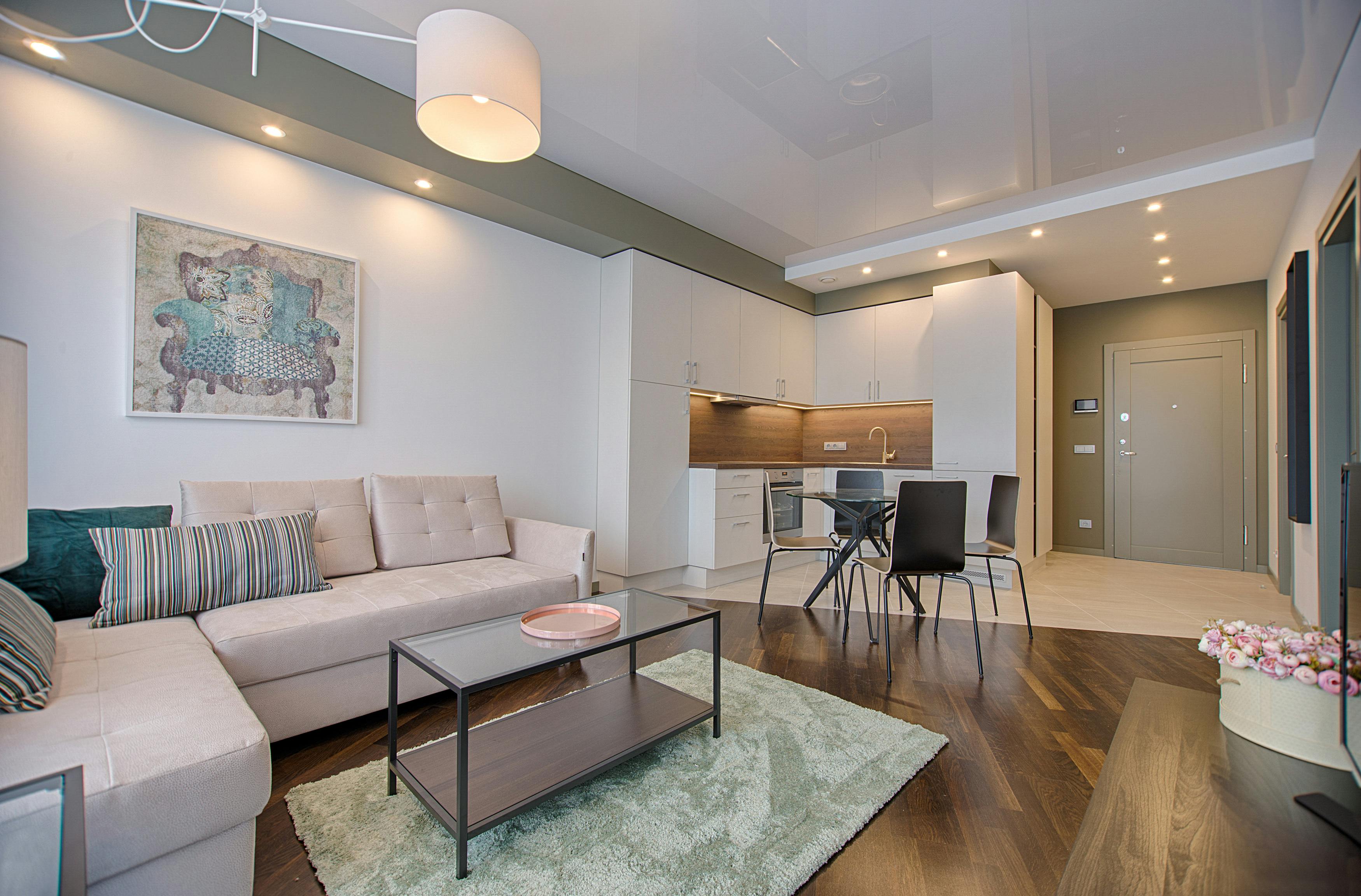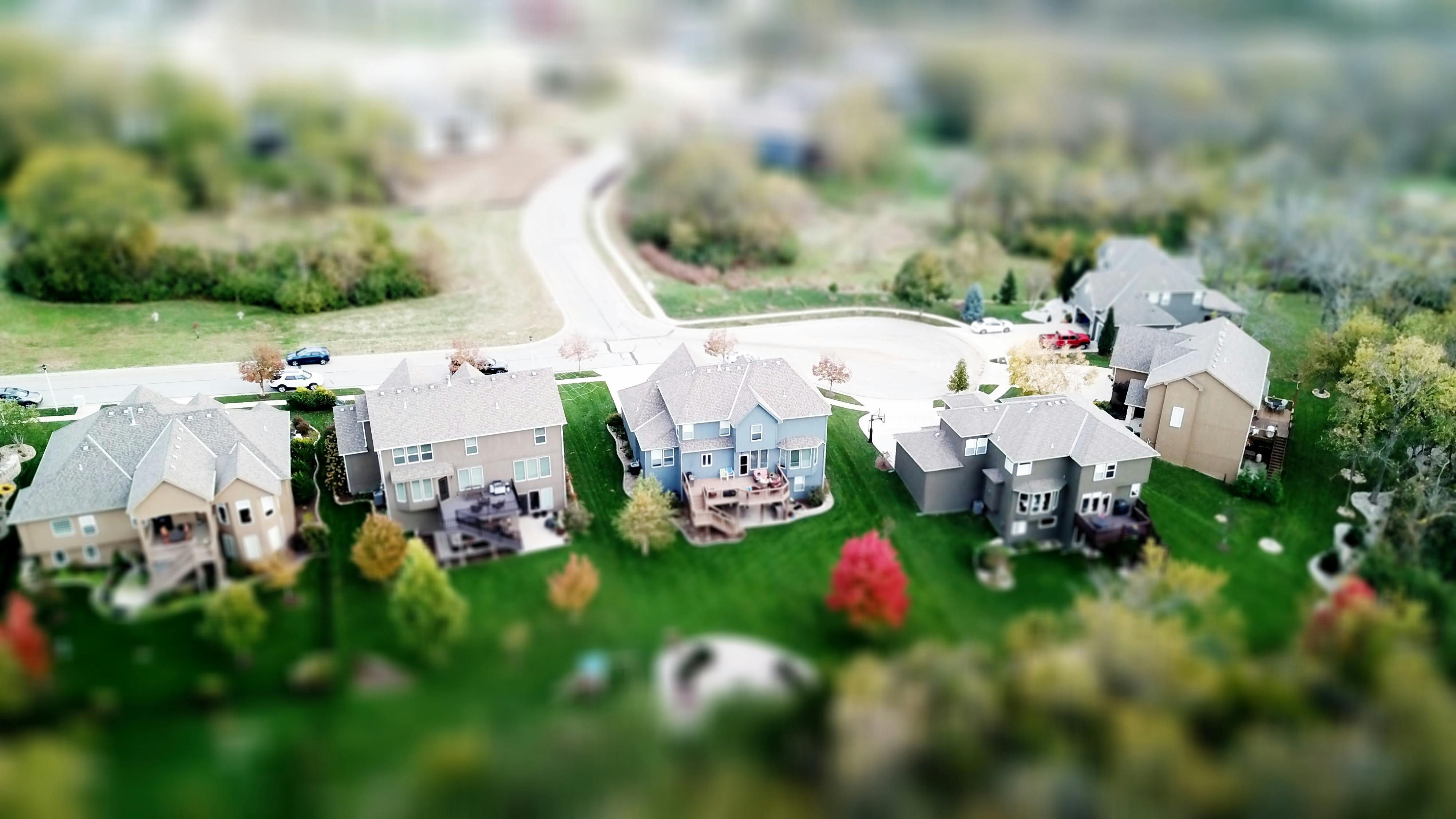Landlord Blog
Education and news for smart DIY landlords!
How to Find a Home That Fits Your Life, Not Your Wishlist

When most people start house hunting, they make a long list of “must-haves”—a dream kitchen, a walk-in closet, maybe a home office with perfect lighting. But buying a home isn’t just about checking boxes. The goal isn’t to find a house that looks great on paper; it’s to find one that actually fits your life.
Here’s how to look beyond the wishlist and find a home that truly works for you.
1. Start with How You Live—Not What You Want
Before scrolling through listings, take an honest look at your daily routines. How do you actually spend your time at home? If you love cooking for family and friends, an open kitchen might be worth prioritizing. But if you’re constantly on the go and rarely cook, a smaller kitchen may be fine—especially if it means being in a walkable neighborhood or closer to work.
Think about your lifestyle today and how it might change in the next few years. Do you work remotely now but plan to return to an office? Are you thinking about starting a family or downsizing soon? A home that fits your life now and in the near future will serve you far better than one that only fits your Pinterest board.
Discover: 9 Things to Research Before Buying a House
2. Look Beyond the Square Footage
Bigger isn’t always better. What matters more is how the space flows and supports your daily needs. A smaller home with a smart layout can often feel more comfortable and functional than a large one with wasted rooms.
Walk through each space and imagine your normal day—where you’d drink your morning coffee, do laundry, or unwind after work. Pay attention to storage, lighting, and noise levels. Sometimes, small details—like a well-placed window or a quiet street—make the biggest difference in daily comfort.
3. Consider Location as a Lifestyle Choice

The neighborhood you choose will shape your lifestyle just as much as the house itself. If you thrive on convenience, being close to grocery stores, gyms, and restaurants might matter more than having a big backyard. On the other hand, if you crave peace and quiet, a home farther from the city could offer the balance you need.
Try visiting neighborhoods at different times of day to get a feel for traffic, noise, and overall atmosphere. What seems charming in the afternoon might feel different at night.
Read more: What Makes a Neighborhood ‘Good’? Key Factors to Consider
4. Think Long-Term Flexibility
A great home adapts with you. Look for spaces that can evolve—like a guest room that can become an office, or a basement that can turn into a playroom or gym. Flexibility is key to making a home work through life’s changes.
Read more: Why Flexibility Is the Key to Your First Home Purchase
5. Don’t Ignore How It Feels
Logic matters, but so does intuition. Sometimes, a home just feels right. The layout makes sense, the light feels good, and you can picture yourself living there. That emotional connection can be a strong sign that you’ve found a place that fits not just your needs—but your life.
Final Thoughts
Finding the right home isn’t about perfection—it’s about alignment. When you stop chasing an ideal and start focusing on how you actually live, you’ll end up with something even better: a home that feels like you.
